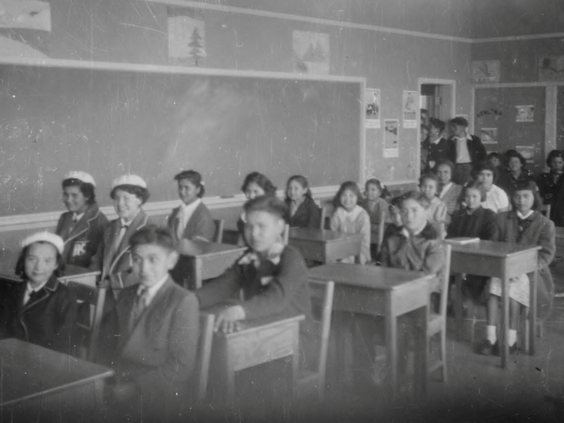Tristin Hopper
August 11, 2021
-National Post
After the Canadian Historical Association published a July 1 letter calling it “abundantly clear” that Canada is guilty of genocide, a coalition of Canadian historians have hit back with an open letter accusing the body of dictating a single view of history upon the public.
“There are no grounds for such a claim that purports to represent the views of all of Canada’s professional historians,” reads the letter signed by more than 50 Canadian historians and academics, including Oxford University professor Margaret MacMillan, author of the bestselling Paris 1919.
The letter then admonished the 100-year-old association for purporting to “promote a single ‘consensus’ history of Canada.”
“With this coercive tactic, the CHA Council is acting as an activist organization and not as a professional body of scholars,” it read.
In a Canada Day statement, the Canadian Historical Association said there was a “broad consensus” among historians that there has been “genocidal intent” present in almost all of official Canadian policy towards Indigenous people.
“Settler governments, whether they be colonial, imperial, federal, or provincial have worked, and arguably still work, towards the elimination of Indigenous peoples as both a distinct culture and physical group,” it wrote.
The statement also criticized historians for helping to “perpetuate the violence” of colonization by being “reticent to acknowledge this history as genocide.”
#cdnhist #twitterstorians #HistoryMatters
The CHA's Canada Day Statement: The History of Violence Against Indigenous Peoples Fully Warrants the Use of The Word “Genocide”https://t.co/2r3PUpr9fo pic.twitter.com/z3RLWKSqWF— CHA/SHC (@CndHistAssoc) June 30, 2021
In an email to the National Post, CHA president Steven High said “we don’t have an official response to yesterday’s open letter except to reiterate that there is a broad consensus within the discipline on this interpretation.”
Trent University professor Christopher Dummitt, a biographer of former prime minister Mackenzie King, was one of the signatories to the open letter.
In an email to the National Post, Dummitt said that the intention of the letter was to “protest that the (Canadian Historical Association) is wielding institutional power to incorrectly say that the scholarly debate over the ‘genocide’ discussion is settled when it isn’t.”
Dummitt added, “historical debate isn’t settled by professional public statements.”
Open letter to @CJH_ACH by Canadian historians. https://t.co/axpv9aQWu3
— J.D.M. Stewart (@jdmstewart1) August 10, 2021
The duelling statements reflect a bitter fight that has been happening within Canadian historical circles since well before Indian Residential Schools were thrust back into the public consciousness by the May 2021 discovery of unmarked children’s graves in Kamloops.
Ryerson University professor Pamela Palmater was the most prominent spokesperson for the 2013 Idle No More movement.
In a 2014 paper entitled “Genocide, Indian Policy, and the Legislated Elimination of Indians in Canada,” Palmater argued that the Indian Act — the legislation that still governs most federal interactions with First Nations people — was a document wholly designed to destroy Indigenous people as a group.
“The Act was never designed to create a group (of) Indians for their own cultural protection; it was intended to identify and eliminate the ‘problem’ — i.e., those standing in the way of accessing the vast lands and resources in Canada.
Palmater also figured heavily in the final report of the National Inquiry into Missing and Murdered Indigenous Women and Girls, and its controversial assertion that Canada is just as bent on genocide now as during the residential school era. “Today’s racist government laws, policies and actions have proven to be just as deadly for Indigenous peoples as the genocidal acts of the past,” Palmater was quoted as saying in the 2019 report.
While the word “genocide” is most typically used in reference to organized mass killings such as the Holocaust or the Rwandan Genocide, the United Nation’s 1948 Genocide Convention defines a number of ways that genocide can be perpetrated without employing outright murder.




